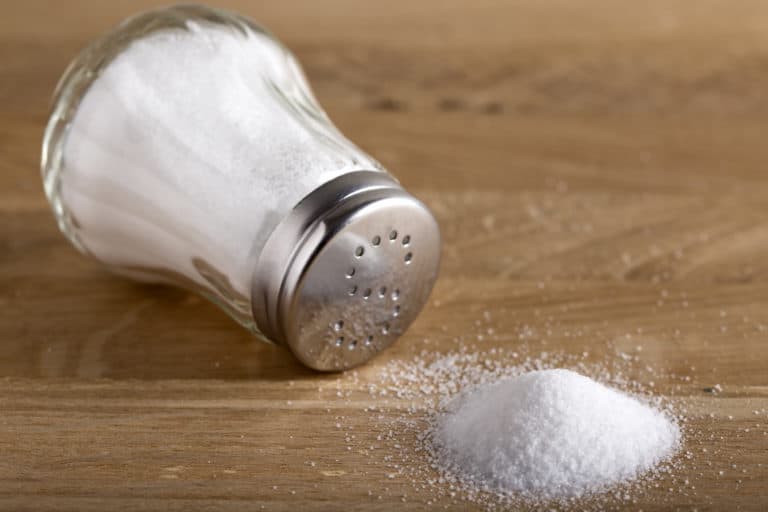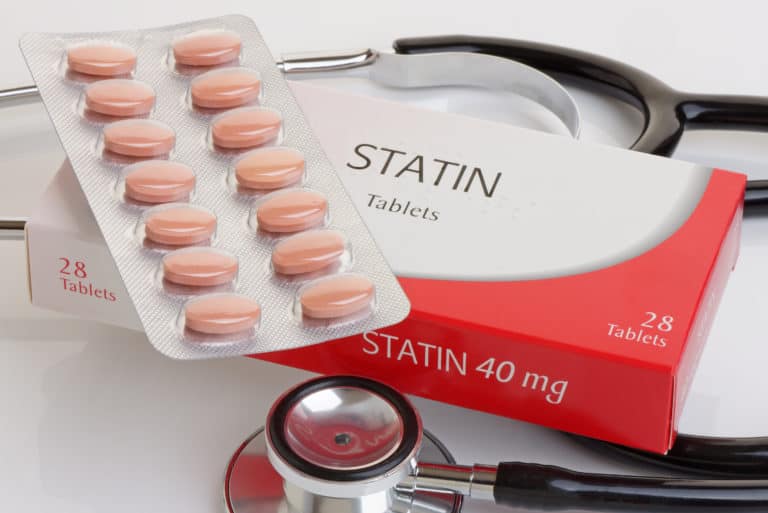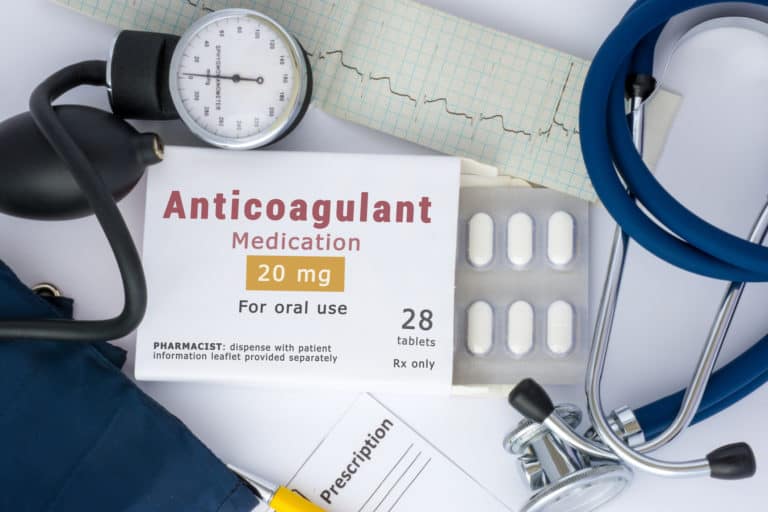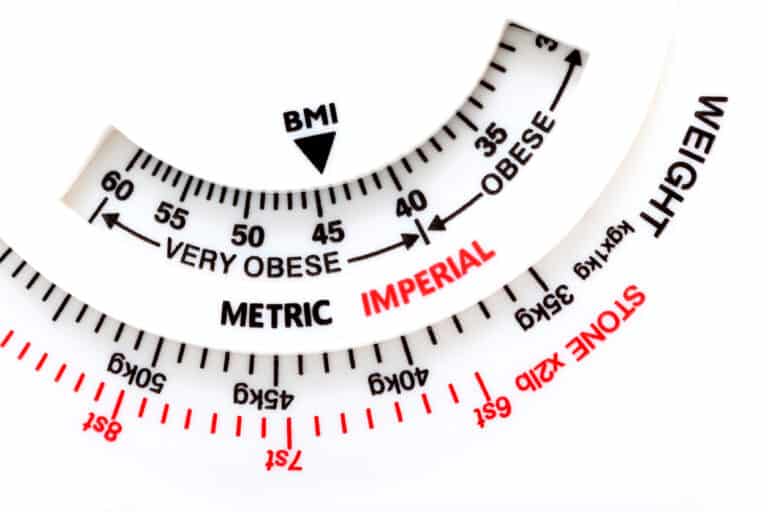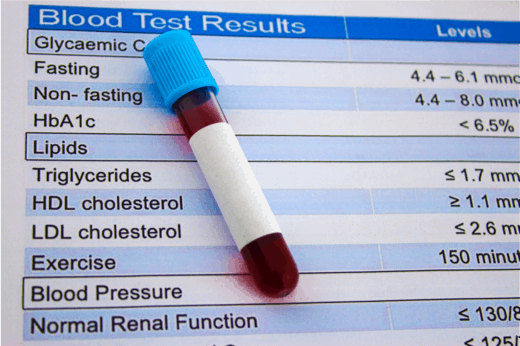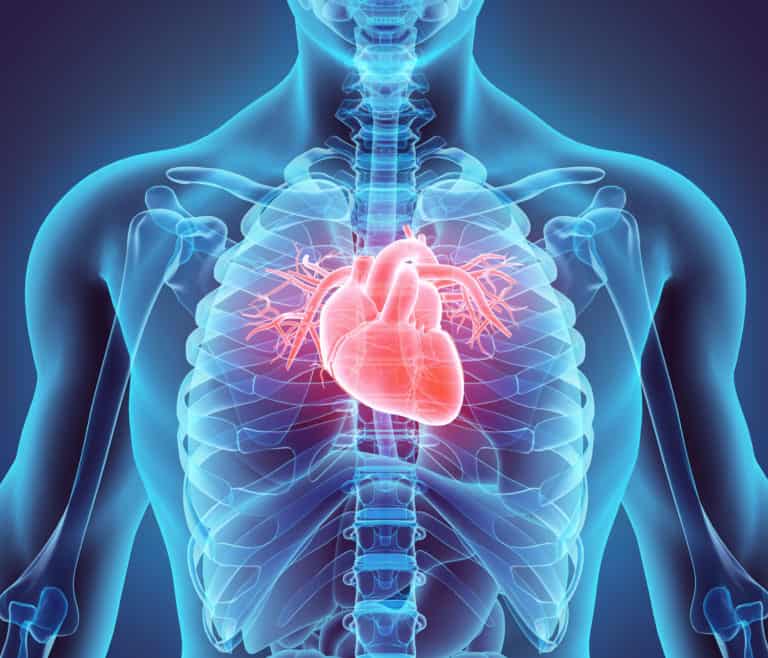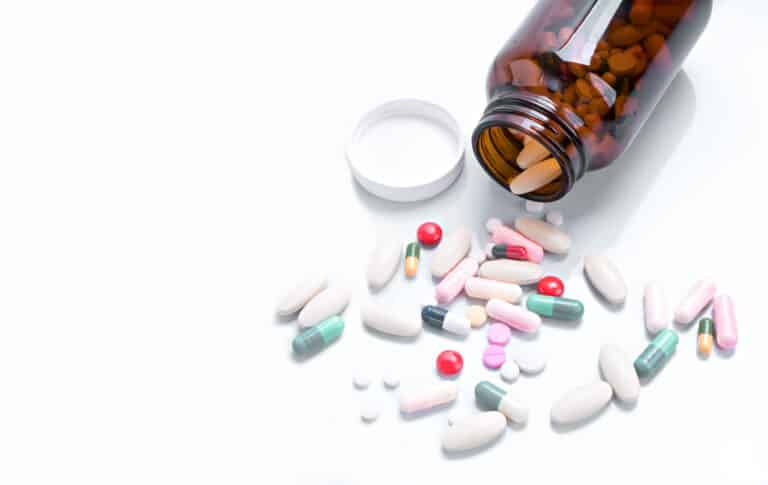
How does your garden grow?
The NHS recommends that adults should aim for at least 150 minutes of moderate intensity exercise per week to help protect against heart disease. Whilst some people benefit from the exercise-focussed environment of a gym, others prefer to incorporate exercise into their daily regime such that it does not feel like exercise at all. We

